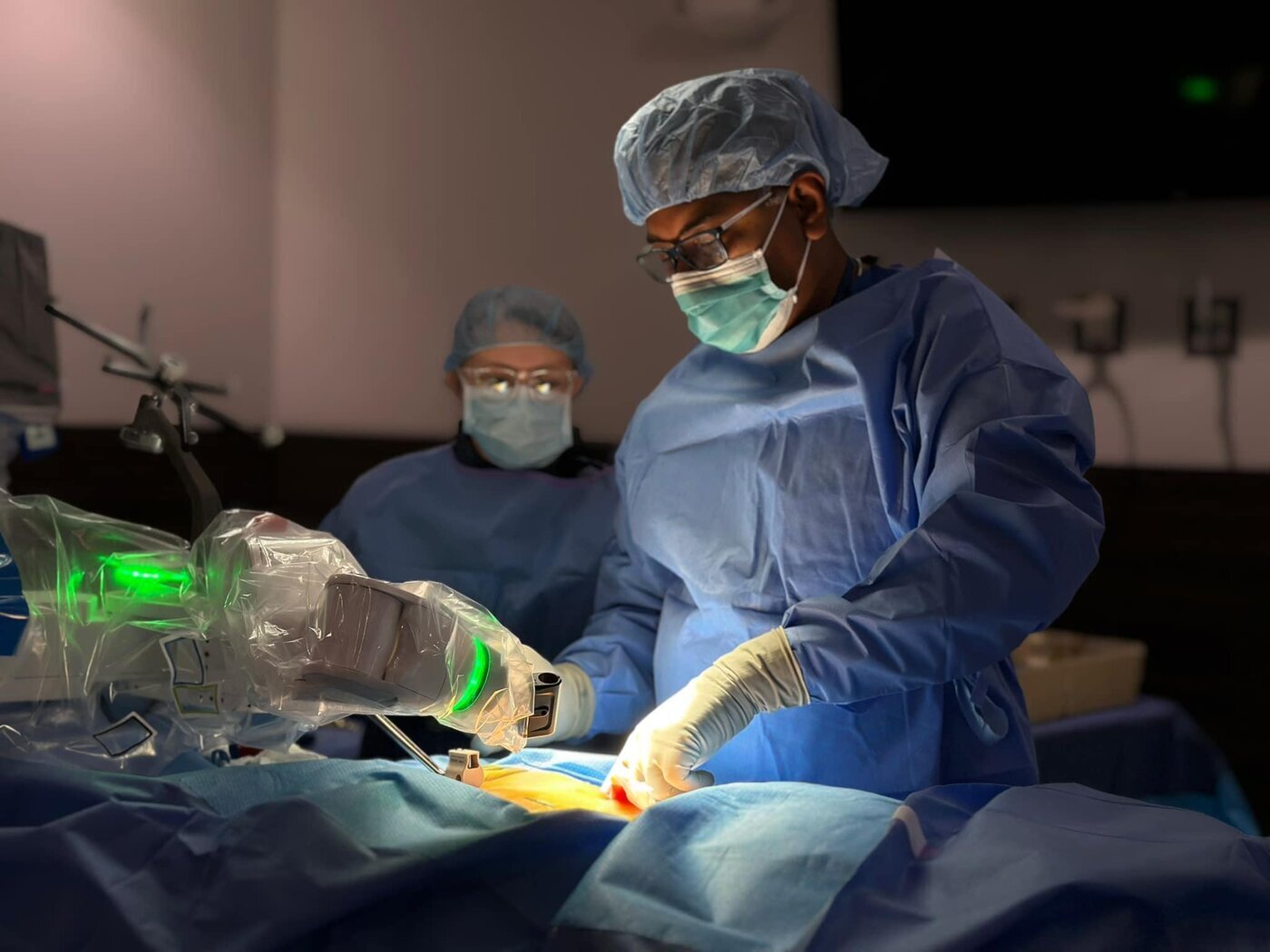
As summer sets in, many of us are more active—gardening, golfing, traveling, or tackling long-delayed house projects. But with this seasonal increase in movement, it’s not uncommon to experience unexpected pain. One culprit? A pinched nerve. Whether it hits as a sharp jolt in the lower back or a tingling sensation down your arm, a pinched nerve can disrupt your summer plans. The good news? There are ways to heal and get back to enjoying your favorite warm-weather activities.
Here’s what you need to know about managing pinched nerves this season and how to know when it’s time to seek professional care.
What Is a Pinched Nerve?
A pinched nerve happens when surrounding tissue—like a herniated disc, swollen muscle, or inflamed joint—applies pressure to a nerve. This compression interrupts nerve function, causing symptoms such as pain, numbness, weakness, or a "pins and needles" sensation. Common locations include the neck, lower back, and even the wrists (like carpal tunnel syndrome).
Summer activities, such as lifting luggage, prolonged sitting on road trips, or overexertion in the garden, can contribute to this condition.
Can a Pinched Nerve Heal on Its Own?
In some cases, yes—but not always. Mild pinched nerves may resolve within a few days or weeks with rest, stretching, and anti-inflammatory care. However, persistent or severe cases can worsen if left untreated, potentially leading to long-term nerve damage.
For a full breakdown of when to wait and when to act, check out our guide to pinched nerve healing. It’s a great place to start if you're unsure what your symptoms mean or how long to monitor them before calling a specialist.
Summertime Tips to Prevent and Manage Pinched Nerves
If you’ve had nerve issues in the past—or want to be proactive—try these summer-safe strategies:
- Stay Hydrated – Dehydrated muscles are more prone to tightness and injury.
- Stretch Before Activity – Warm up before hikes, yard work, or sports to avoid sudden strain.
- Limit Repetitive Motions – Take breaks during long drives or repetitive chores to reduce joint stress.
- Adjust Your Sleeping Positions – Summer heat can make it difficult to find a comfortable sleep position. Keep your spine aligned with supportive pillows.
When Should You Call a Neurosurgeon?
If your symptoms don’t improve after a few weeks, worsen with time, or involve muscle weakness or coordination issues, it’s time to consult a professional. Early intervention can prevent chronic pain and protect nerve health.
At Vertrae®: Kamal Woods, MD, MBA, FAANS, we specialize in diagnosing and treating pinched nerves with precision and compassion. Using advanced imaging and minimally invasive techniques, we help patients heal faster—with less downtime and more freedom to enjoy life.
Don’t Let a Pinched Nerve Steal Your Summer
Whether you're planning a beach trip or a backyard BBQ, don’t let nerve pain sideline your plans. Listen to your body, take preventative steps, and know that help is available if healing stalls. This summer, protect your spine and nerves—and enjoy every sunny moment to the fullest.
Website of Source: https://vertrae.com/
Source: Story.KISSPR.com
Release ID: 1604730
